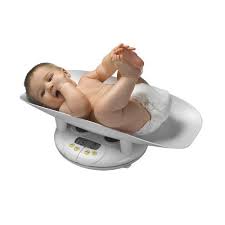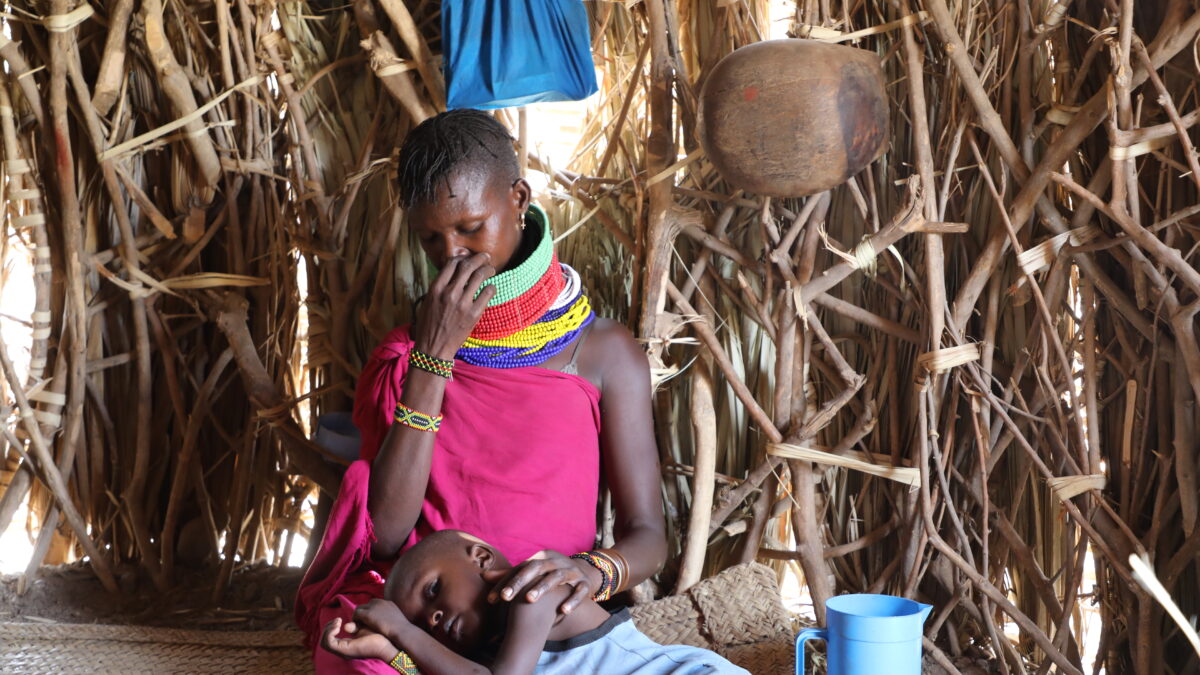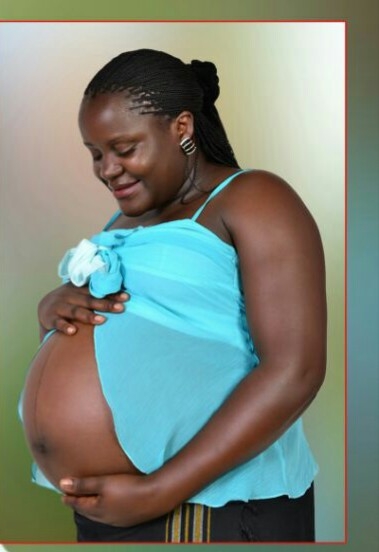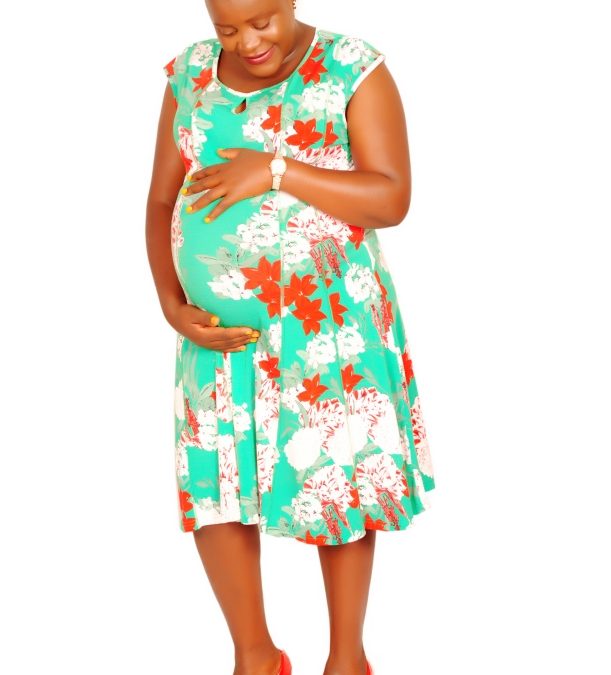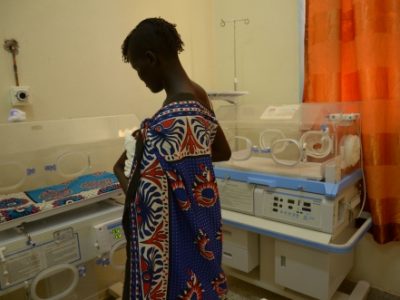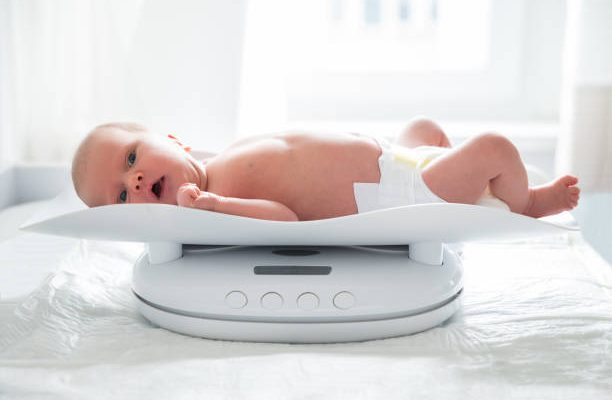
They say if you befriend a writer, he/she will one day write about you. This is what I am just about to do.
Today, I write about two mothers very close to my heart. I am not a snitch it is just for the purposes of driving the point home. Let’s call these two great mothers Mama G and Mama K.
The three of us (mama G, Mama K and I, Mama L) have kids almost the same age (6 months olds).
After our babies’ 14 weeks jabs, I asked them over a mug of cappuccino if they will continue taking their babies for the monthly weight clinics, COVID-19 notwithstanding.
I must confess this was a setup question. I wanted to covertly find out their attitude towards ‘clinic ya kilo’ as they commonly call it.
Here goes mama G the great:
You know I am a stay at home mom for now right? Now, these monthly clinics are my self-care days where I step out to take care of my mental health. These are the days I wake, dress up together with my babies and step out in style. These are the days I look forward to with bated breath. You know it can be boring staying at home and I cannot just leave the house with the baby for roundi mwenda since I do not have anyone to leave the babies with during the day.
Fair enough. I understood. I honestly did.
Then mama K threw in the weight:
Why should I waste the whole day and a whole 600 shillings with this COVID-19 economy just to have the baby weighed? Besides, I have a weighing scale in my bathroom. I will weigh baby K the kienyeji way. Stop looking at me that way! You mean you do not know this technique? Let me chanua you: I weigh myself minus the baby, then carry the baby and weigh ourselves together then find the value of baby K by subtracting the two figures recorded during the weighing exercise.
Incredible!
Two mothers, two very different perspectives but, the big question is, are the monthly weight clinics necessary?
The last time I took my Lisa for the baby wellness clinic, I spared some time to ask the nurse all the questions. So sorry to the mother who was on the queue after me now you know time was not consumed on just undressing and dressing the baby.
For me, ‘if I did not write it down then it did not and it will not happen’. With this in mind, I made sure I scribbled all the questions down before my trip for the clinic. Besides, I have made peace with the fact that the mummy brain is still alive and kicking. I forget most things except where I kept my money or my chocolate cookies (a small waist for who? si mbinguni tutapewa mwili mpya?)
The nurse said that they notice that most mothers religiously take their children for immunization up to 14 weeks then they disappear until the baby is six months for the flu jab or nine months for the measles and yellow fever jab if following the Kenya Expanded Programme on Immunization (KEPI) schedule.

Here is a summary of what I gathered from our brief Q&A-cum-well baby session:
Your newborn will be weighed immediately after birth and at all check-ups.
In the first month, the doctor will pay close attention to the baby’s increasing weight, length, and head circumference.
The average length of a full-term baby at birth is 51 cm, although the normal range is 46 cm to 56 cm. In the first month, babies typically grow 4 cm to 5 cm.
The average head circumference at birth is about 34 cm. By the end of the first month, it increases to about 38 cm. Due to rapid brain growth; the baby’s head will grow at its fastest rate during the first 4 months after birth than at any other time. If the head circumference is smaller or bigger than normal, it could be a sign of an underlying issue.
Monitoring the physical growth of a baby is very important. This is not an exercise of recording the weight, length and head circumference of the baby. A special set of scales and a tape measure is used to record the baby’s length, head circumference and weight.
These measurements will be plotted on the baby’s growth chart to help see how the baby is growing and what percentile the baby is in.
It is possible to buy scales that allow you to weigh your baby at home, but this is not as accurate as of the paediatric scale, and they aren’t a substitute for regular check-ups. (Hello Mama K!)
Preterm babies have a different growth pattern from full-term babies. Their growth is plotted on a special chart for premature babies until two weeks after the baby’s original due date. Afterwards, the baby’s weight will be plotted on a regular growth chart using the age he would be if he’d/she’d been born on his/her due date.
Most mothers are usually concerned about the baby’s weight. I know a mother who got so stressed because the baby had added only 200grams yet her peers added up to one kilogram in a month. The nurse added that If the baby is active, feeding well, is hitting his/her developmental milestones and his/her weight is in line with his length, then there is no reason for worrying.
Children wellbeing experts advice that parents should try and have their baby weighed once a month from zero to six months then every two months until the baby turns one. This way, if the growth is not proceeding as expected for a given age, then an additional evaluation may be necessary.
So, it is not just recording the Kgs but monitoring the entire physical growth, which is a good indicator of general health of the baby. Yes! clinic ya kilo IS necessary.

